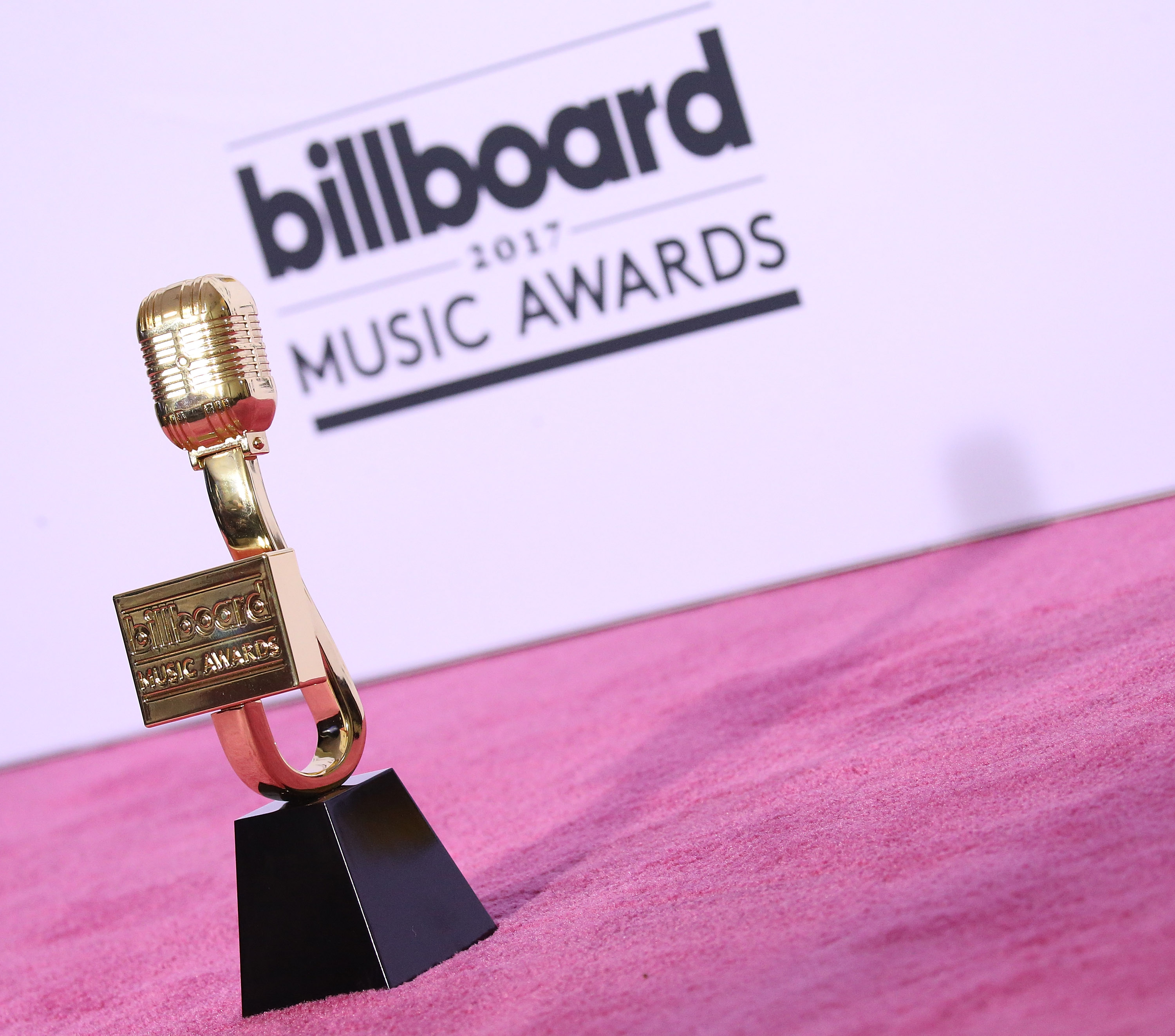In Meek Mills’ hip hop song “What’s Free,” Jay-Z said it best, “We was praisin’ Billboard, but we were young. Now I look at Billboard like ‘is you dumb?’”
Jay Z expresses my sentiments towards the popular music ranking chart known as the Billboard. The Billboard and its awards ceremony have created several side-eye moments. In 2019, Post Malone leads Billboard’s male rap artist list, despite repeated attempts to distance himself from the genre and Miley Cyrus remains the classic example of a white artist seamlessly navigating between musical categories with 46 songs on the hot 100 list. Cyrus has lead songs on the country, pop, rhythmic, christian and electronic charts and also has featured songs listed on the Billboard rap and r&b lists. When these moments are compared to the number of Black artists allowed to climb the rock, christian and country charts, a diversity issue surfaces.
Cyrus and Post Malone represent a common trend in mainstream award shows and the music industry — white dominion.
(Miley Cyrus "Malibu")
(Mike Will Made It featuring Miley Cyrus, Wiz Khalifa and Juicy J "23")
White dominion allows Australian rapper Iggy Azalea to hold the title of female rapper with biggest Billboard Hot 100 hit . It gave Bhad Bhabie a place in the Top Female Rap Artist category at the 2018 BMAs (Yes, Bhad Bhabie the "catch me outside" girl from Dr. Phil is a top Billboard rapper.) The Macklemore, Kendrick Lamar snub at the 2014 Grammys? Classic white dominion. Plus, knowing that hip hop greats like Nas, Snoop Dog, Notorious B.I.G., Tupac, DMX and others have never won rap Grammys, while the Beastie Boys and Ryan Lewis have, further proves that white dominion in the music industry is real.
Radio play and industry membership votes are two major factors that give decent white rap artists an advantage over other talented musicians. News Generation reports that 464 Pop Contemporary Hit radio stations compared to 122 Urban Contemporary stations exist in the US commercial radio business. Assuming pop stations catering to white audiences will promote white rappers over Black artists, white hip hop artists might have over three times more radio exposure than other rappers limited to just urban stations.
However, white dominion in the music industry extends past Black artists getting overlooked in the genres they created. Its influence also leaks into the categories Black artists are confined to.
(Beyoncé & Dixie Chicks "Daddy's Lessons" 2016 Country Music Awards performance)
While Miley Cyrus’ flexibility between genres can be admired, the restrictions placed on Black artists should raise eyebrows. Lil Nas X and Beyonce both have experiences attempting recognition in country music with no success. The Billboards denied Lil Nas X’s “Old Time Road” while the Grammys blocked Beyoncé's “Daddy’s Lessons.” Both artists presented a country-ish sound that, apparently, wasn’t country enough. Though their variations missed the mark, they stand as reminders that Black artists are often regulated to specific spaces within the music industry — rap, r&b and gospel.
Even musician K.Michelle confronted a country music crowd to affirm, "I am a black girl that sings better than any white mother****ing country singer in Nashville, right now." Musicians, like Ray Charles and Darius Rucker, have managed to establish themselves in genres where predominantly white artists lead, but their names stand among the few.
It should be noted, however, that the historical shutout that Black artists have endured in the white led music industry doesn’t keep Black artist from winning. Numerous Black-produced award shows recognize the culture and the people who created it: The Soul Train Music Awards, The Source Awards, The BET Hip Hop Awards, The BET Music Awards, The NAACP Image Awards, The Dove Awards and more. Even hip-hop agencies are starting to focus on reclaiming the culture. Revolt’s upcoming hip hop summit, for example, makes owning hip hop the central theme.
As hip hop continues to make its impression on the world, it seems Black entertainers are starting to look beyond Billboards and other mainstream awards show for approval or permission.
Like this content? Now, check these out:
Jay-Z Called On Black People To 'Gentrify Your Own Hood' In Freestyle Dedicated To Nipsey Hussle
Janet Jackson Just Became The First Black Woman To Receive The Billboard ICON Award

